Education Archive
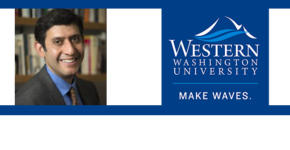
Johann Neem, Western Washington University – Higher Education Meta-Vocabularies
Are those in higher education talking the same language? Johann Neem, professor in the department of
25/9/2020
0
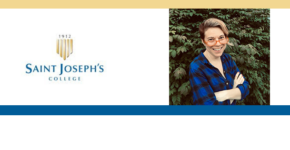
Katrina Hoop, Saint Joseph’s College – The Sociological Imagination, Students’ Lives-As-Text, and Teaching During a Pandemic
COVID-19 is an invitation to think more sociologically. Katrina Hoop, associate professor of sociology at St.
16/9/2020
4
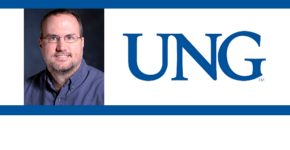
Matthew Boedy, University of North Georgia – Student Reactions to Kent State and COVID-19
Higher education will look different after COVID-19. Matthew Boedy, assistant professor of rhetoric and composition at
14/9/2020
0
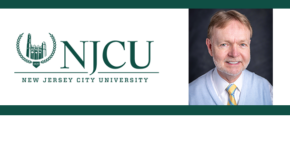
John Donnellan, New Jersey City University – ARC Model for Higher Education
How does higher education evolve after COVID-19? John Donnellan, associate professor in the management department at
10/9/2020
0
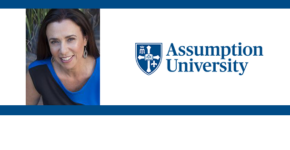
Cinzia Pica-Smith, Assumption University – Interracial Friendships
The flow of migrants into southern Europe has made classrooms more diverse. Cinzia Pica-Smith, associate professor
9/9/2020
0
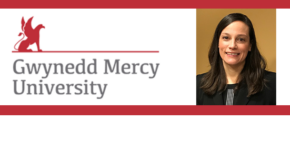
Tiffany Cresswell-Yeager, Gwynedd Mercy University – College Choice Among First-Generation College Students
Many factors can influence the choice of attending a higher-learning institution. Tiffany Cresswell-Yeager, assistant professor of
8/9/2020
0
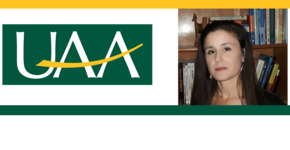
Dayna DeFeo, University of Alaska Anchorage – Teacher Shortage
Why is there a teacher shortage? Dayna DeFeo, research assistant professor at the University of Alaska
7/9/2020
0
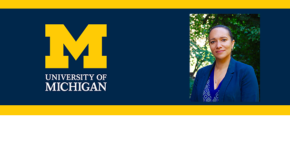
Tabbye Chavous, University of Michigan – Higher Education Responses to COVID-19, Black Students and Campus Racial Climates
On University of Michigan Week: Higher education institutional responses to COVID-19 may exacerbate education inequalities for
4/9/2020
0
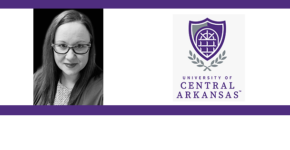
Leah Horton, University of Central Arkansas – Applying Mixed Methods Community-Based Participatory Research to Global Service-Learning
On University of Central Arkansas Week: Service-learning can benefit marginalized communities. Leah Horton, Lecturer II of
21/8/2020
0
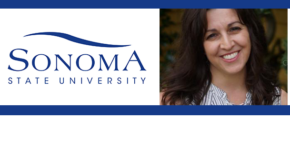
Gina Baleria, Sonoma State University – Digital Literacy
Digital literacy skills suddenly have become very important to learning. Gina Baleria, assistant professor in the
28/7/2020
0
